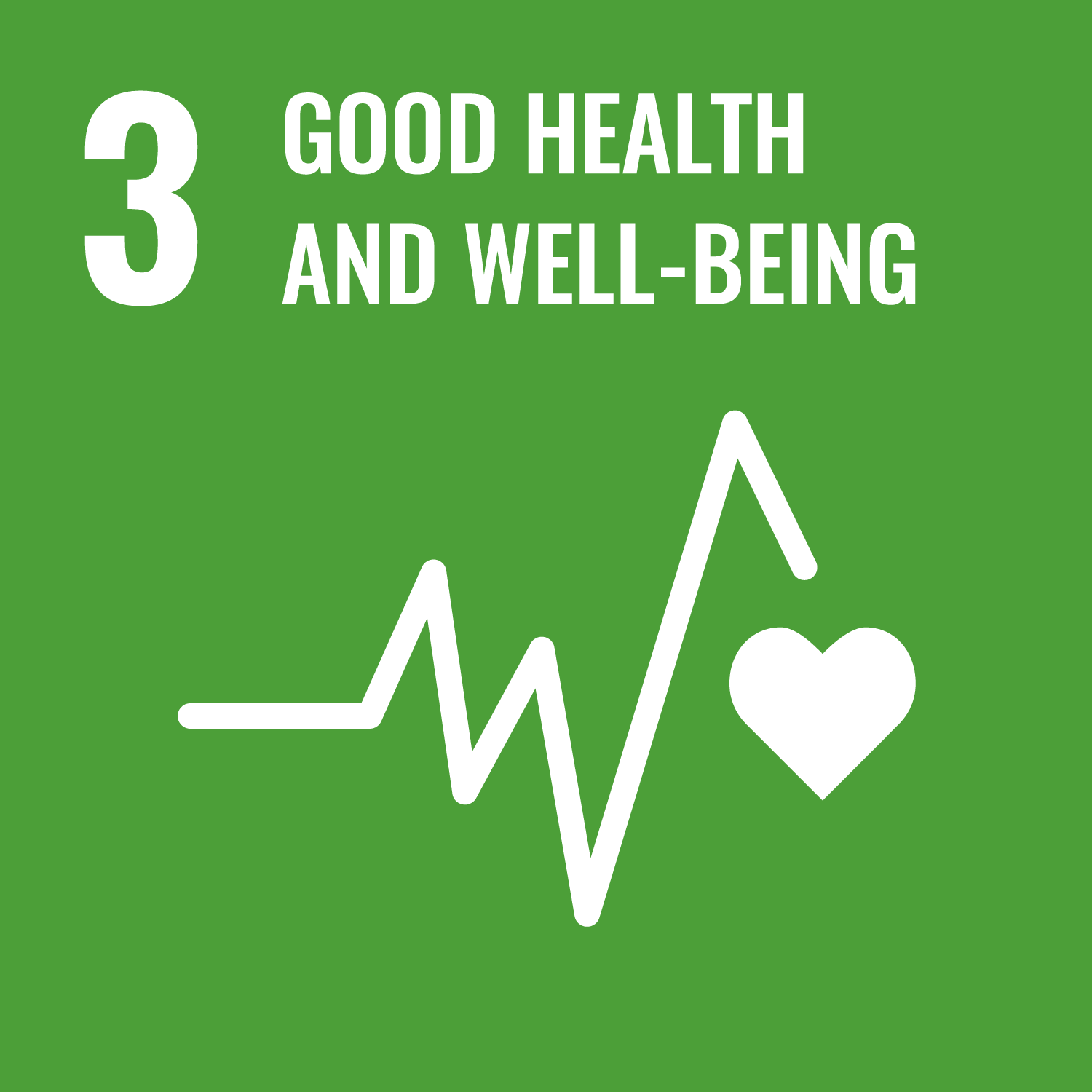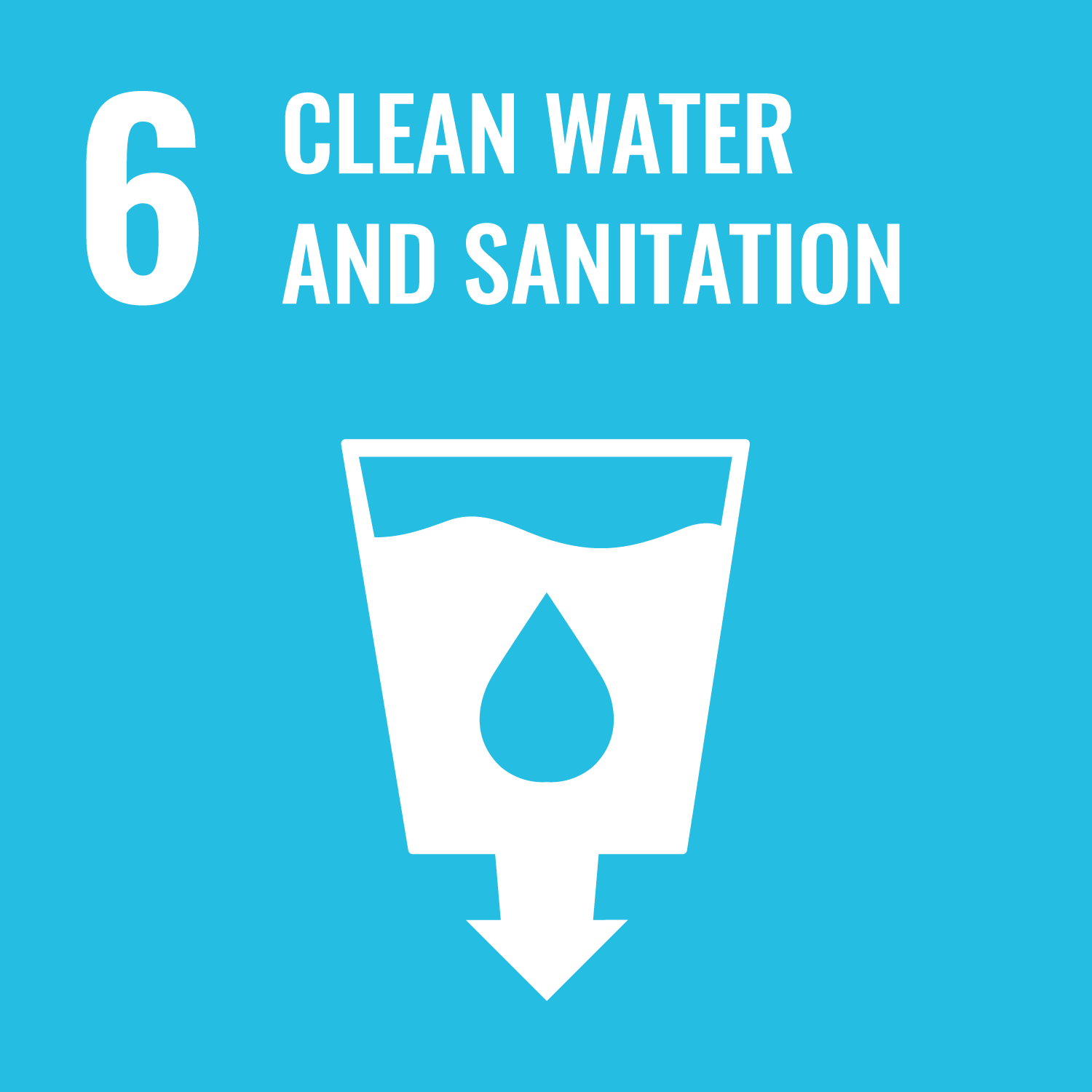Edge Effect supported the production of this Learning Brief as part of our role as technical expert to the Water for Women Fund. This brief draws together key learning about the inclusion of sexual and gender minorities in WASH projects implemented through the Water for Women Fund. Sexual and gender minorities are specifically included in approximately one-third of all Water for Women Fund projects which has provided an important foundation for discussing best practice and transformative inclusion policies.
The brief provide a broad overview of sexual and gender minority inclusion in Fund events, and key learnings from inclusion efforts thus far. The brief defines key terms such as heteronormativity, and provides recommendations for WASH practitioners to ensure they are taking a critical and inclusive approach to gender inclusion. The importance of the ‘nothing about us without us’ principle is emphasised throughout the brief and is supported with examples of genuine engagement in Water for Women Fund projects. The brief concludes with overall reflections for moving forward.
Stepping-Up_SOGIESC_WASH-2







